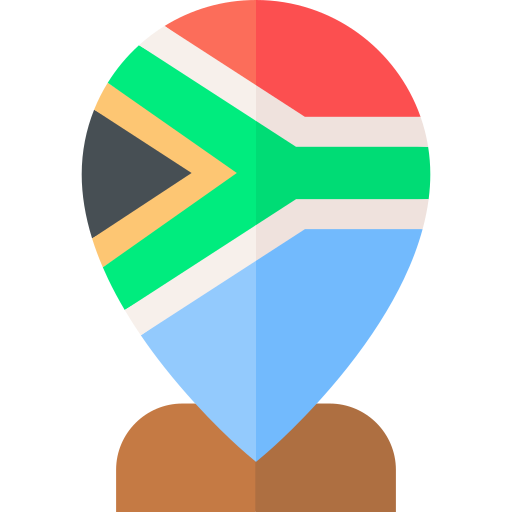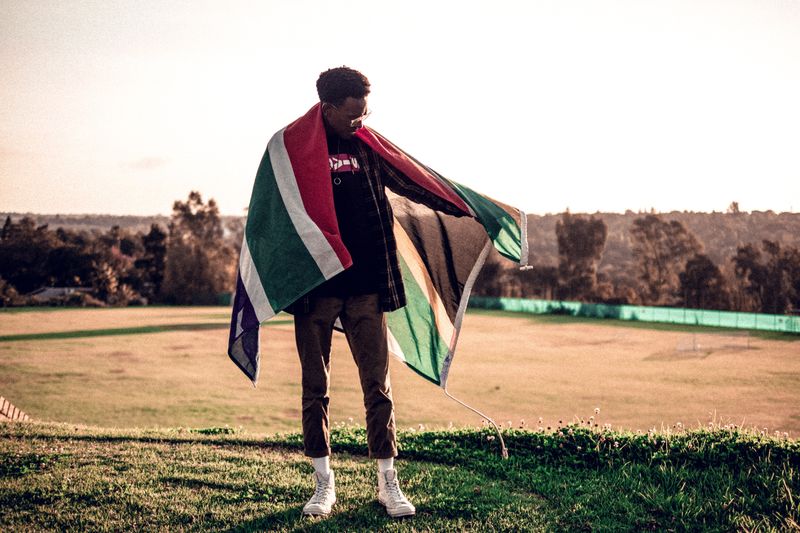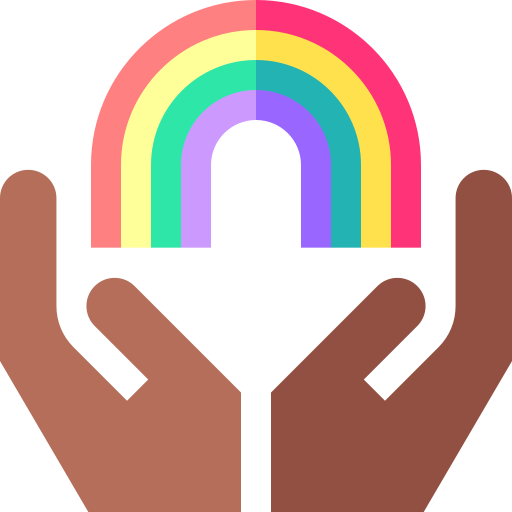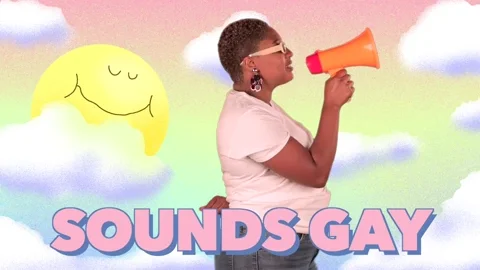
This logo isn't an ad or affiliate link. It's an organization that shares in our mission, and empowered the authors to share their insights in Byte form.
Rumie vets Bytes for compliance with our
Standards.
The organization is responsible for the completeness and reliability of the content.
Learn more
about how Rumie works with partners.
The term “Rainbow Nation” is used to describe how people from different backgrounds can come together, and it seeks to promote a sense of unity and inclusion.
But you might be asking yourself:
Is South Africa truly as inclusive as it paints itself to be?
What's it like there for people in the LGBTQ+ community?
Is it a friendly place for LGBTQ+ people to travel, live, or work in?
What does it mean to be LGBTQ+ friendly❓
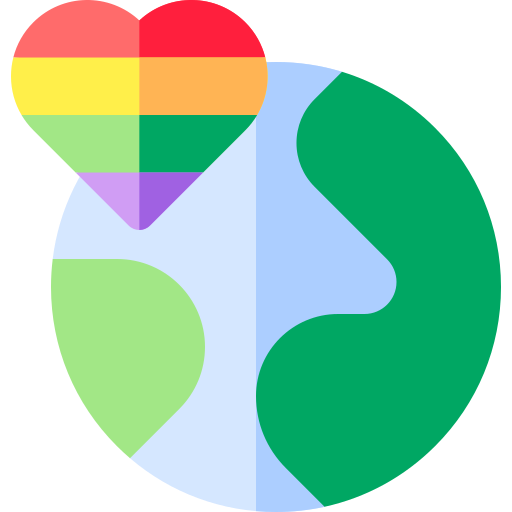
LBGTQ+ friendly refers to people, places, policies, or institutions that:
are open and welcoming to LGBTQ+ people.
create environments that are supportive of LGBTQ+ people and their relationships.
are respectful of all people.
treat people equally.
are non-judgmental.
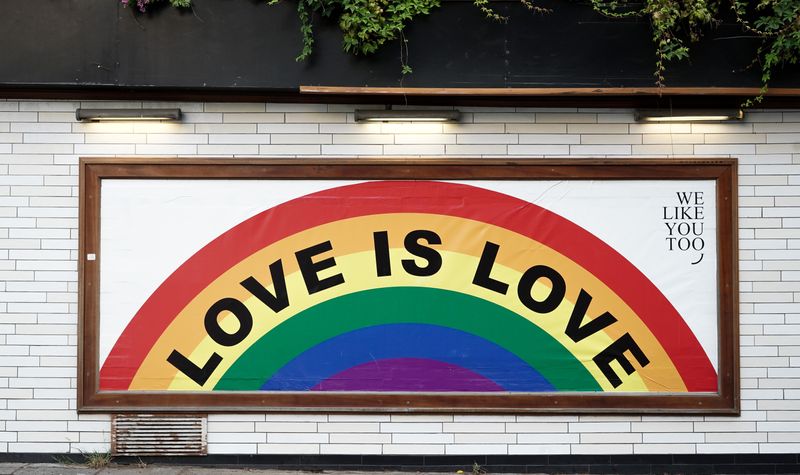 Photo by Yoav Hornung on Unsplash
Photo by Yoav Hornung on UnsplashIt's important that LGBTQ+ people keep this and other factors (e.g. safety, worker protection, etc) in mind should they travel to or want to live in South Africa.
Did you know?
Anti-discrimination Policies 📃
❤️ including a clause in Section 9 of the Constitution , which is enforced by the Constitutional Court and Parliament and protects the community against discrimination.
🧡 a bill that prevents and fights hate crimes and hate speech but is still a work in progress.
💛 launching a national task team in 2014 that aims to aid and support LGBTQ+ communities.
💚 enacting laws that protect the rights of children who are bullied and harassed.
Policies, Legislation & Government 🏛
🌈 Military service: In 1996 the government made it illegal for the South African military to discriminate against people based on their sexual orientation and in 1998, new laws were implemented to protect the privacy rights of recruits.
💔 Leadership: There is a limited representation of LBGTQ+ people in government, and voting remains the main form of political participation.
Did you know?
LGBTQ+ Life in South Africa 🏳🌈
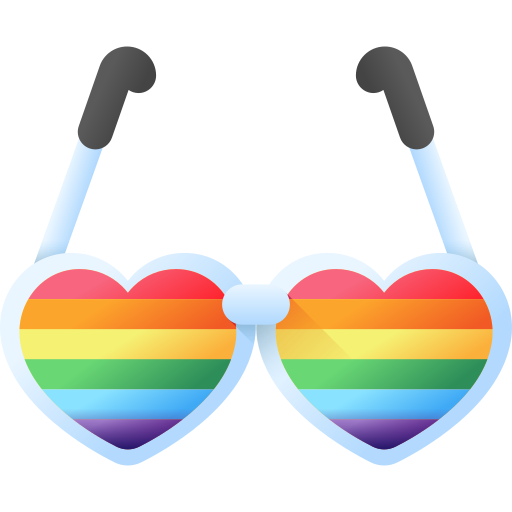
🌈 Adoption and parenting: Same-sex partners have thesame adoption rights as married partners . Sexual orientation isn't relevant in decisions of child custody and single women are allowedto have artificial insemination. In 2018, a new law was signed that allowed same-sex couples, as well as adoptive and surrogate parents, to take parental leave.
🌈 Transgender Rights: In 2003, a new act imposed that a person could change their sex description on their birth register, as long as they've had medical or surgical treatment done . Read more about transgender rights here.
🩹 Education: In the national curriculum , LBGTQ+ is not specifically tackled. Since 2020, a draft document continues to provide guidelines to make schools more inclusive and supportive for LGBTQ+ learners but remains a work in progress.
LGBTQ+ Travel in South Africa ✈️
Practice responsible travel🤝
Be respectful of local customs. There's a fine line between expressing your identity and breaking the law.
We would generally advise, for example, avoiding skimpy, see through or overly tight clothing, as well as public displays of affection [PDAs] when visiting more traditional communities. However, this advice applies for all visitors — regardless of gender or sexual orientation.
(source: www.responsibletravel.com, "LGBT SOUTH AFRICA HOLIDAY ADVICE", 2021)
Pack your bags! 🛫
If you are excited to travel to South Africa and you want to experience LGBTQ+ events and festivals, pencil these on your calendar:
🏳️🌈 Cape Town Pride (Cape Town) — February to March
🏳️🌈 Mother City Queer Project (Cape Town) — February to March
🏳️🌈 Pink Loerie Mardi Gras (Knysna) — April to May
🏳️🌈 Durban Gay & Lesbian Film Festival (Durban) — September to October
🏳️🌈 Johannesburg Pride (Johannesburg) — September to October
Quiz
LGBTQ+ couple, Emily and Bianca are planning a trip to South Africa in February. What should they be mindful of while traveling the country?
Practicing responsible travel, ie. being mindful, respectful, and knowledgable about the country you're visiting is always a good place to start. It's also a good idea to note that some people in South Africa might not be open to PDAs (public displays of affection).
Did you know?
Public Opinion 📣
South Africa consists of people from varying cultural, religious, and traditional beliefs, therefore the opinions of the nation as a whole are very mixed.
A 2021 study summarized important views about LGBTQ+ issues:
Same-sex marriage or other legal recognition
15%⛔️ against
71% ✅ support
Say they have attended a public event in support of LGBT people, e.g., a Pride march
⚠️ 21% of adults in South Africa
Views on same-sex couples' right to adopt
23% ⛔️ disagree
63% ✅ agree
Responses from a 2019 study reveal:
A majority of people are willing to accept same-sex rights
Should society accept homosexuality?
54% ✅ Yes
38% ⛔️ No
✅ 62% of Catholics in South Africa agreeing that homosexuality should be "accepted by society.
LGBTQ+ Representation in South African Media 🎬
👩❤️👩 Reality shows: South African reality shows like Date My Family and Our Perfect Wedding have included gay couples.
💑 Soap operas: Several popular shows have hired both gay and heterosexual actors to portray LGBTQ characters.
👩❤️👩 LBGTQ+ celebrities: South Africa sees a multitude of LGBTQ+ celebrities, including Somizi Mhlongo, Lasizwe Dambuza, Letoya Makhene-Pulumo, and Thandiswa Mazwai.
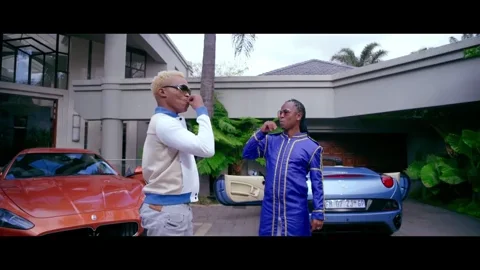
Did you know?
Take Action
If you're planning to visit South Africa:
Learn more about LGBTQ+ rights in other countries:
Learn LGBTQ+ rights in Australia and find out if Australia is LGBTQ+ friendly.
This Byte has been authored by
Carla Paulo
Instructional Designer | Education Creator
